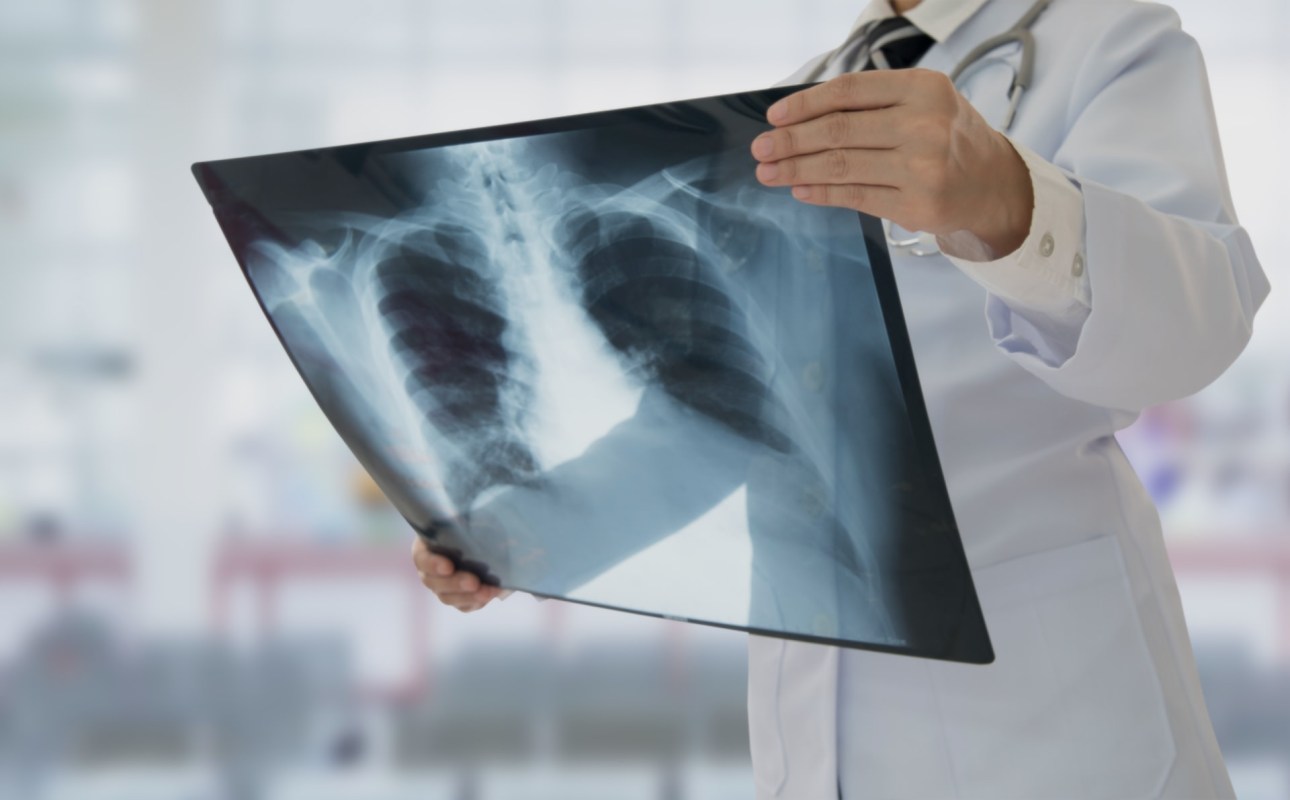Scientists are sounding the alarm about a potential growing threat to human health: microplastics. These minuscule plastic fragments, some as small as a grain of sand, are turning up in our food, drinks, air, and even inside our bodies.
What's happening?
As research reveals microplastics' pervasiveness, concerns are mounting about the impacts on our health.
"The results were quite shocking," Dick Vethaak, an ecotoxicologist and professor emeritus at VU Amsterdam, told the Washington Post after his team found microplastics in human blood and organs.
In one study, microplastics were found in every single one of 62 placenta samples examined. Another detected them in every artery studied, per the Post. We're not only consuming small amounts of microplastics in things like seafood, but also likely breathing them in. Hundreds of millions of tons of plastic enter the environment each year, per the U.N., and large plastics break down into tinier pieces that can more easily enter our bodies.
Why are microplastics concerning?
While the full health effects of microplastics are still a mystery, early signs point to potential risks. Microplastics could be making us more vulnerable to cancer, heart disease, kidney disease, Alzheimer's, and fertility issues, as the Post detailed.
The problem is that microplastics come in thousands of combinations of materials, shapes, and chemical additives.
"What you have is an absolute unknown cocktail of chemicals that are on these microplastics," said Frederick vom Saal, professor emeritus of biology at the University of Missouri, per the Post. Over 10,000 chemicals are used to make plastic, with over 2,400 "of concern" for human health, based on a 2021 study cited by the news outlet.
Lab studies have linked microplastics to cell death, tissue damage, and allergic reactions, the Post explained. In mice, they've been tied to dementia-like behavioral changes. But definitively connecting specific plastics to long-term human health outcomes as they accumulate over decades is a daunting scientific challenge.
"I hate to say it, but we're still at the beginning," Phoebe Stapleton, a professor at Rutgers University, told the Post.
What's being done about microplastics?
Scientists are urging governments to curb plastic production and pollution before we fully witness the consequences.
"If you just spill plastics everywhere, and you have no idea what you're doing, you're going exactly against this principle," said Lukas Kenner of the Medical University of Vienna, referencing medicine's "do no harm" philosophy.
As individuals, simple swaps like choosing reusable bottles over plastic ones can help stem the plastic tide. "We need to act before we have all the answers," Sherri Mason, director of sustainability at Penn State Behrend, told the Post. "But I'm not sure that we will."
The less plastic we produce and toss, the less ends up in our environment and our bodies. Our everyday choices, amplified across society, can help turn off the plastic pollution tap — for our own health and the planet we share.
Join our free newsletter for weekly updates on the coolest innovations improving our lives and saving our planet.









